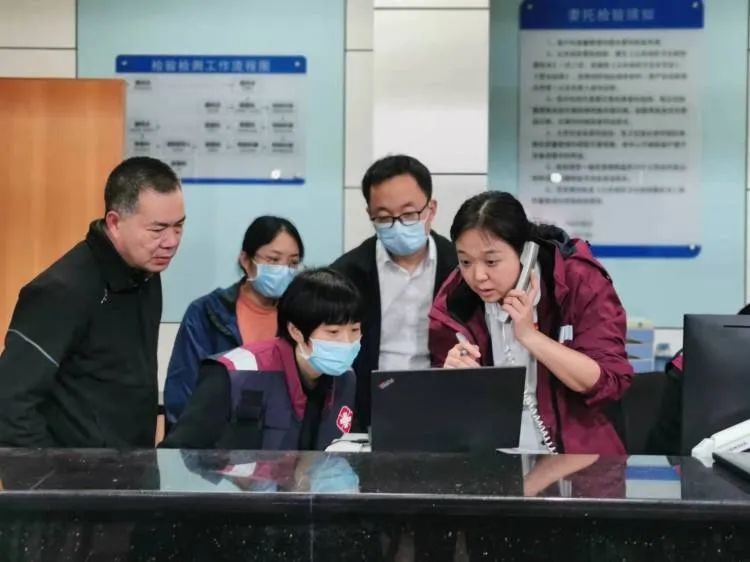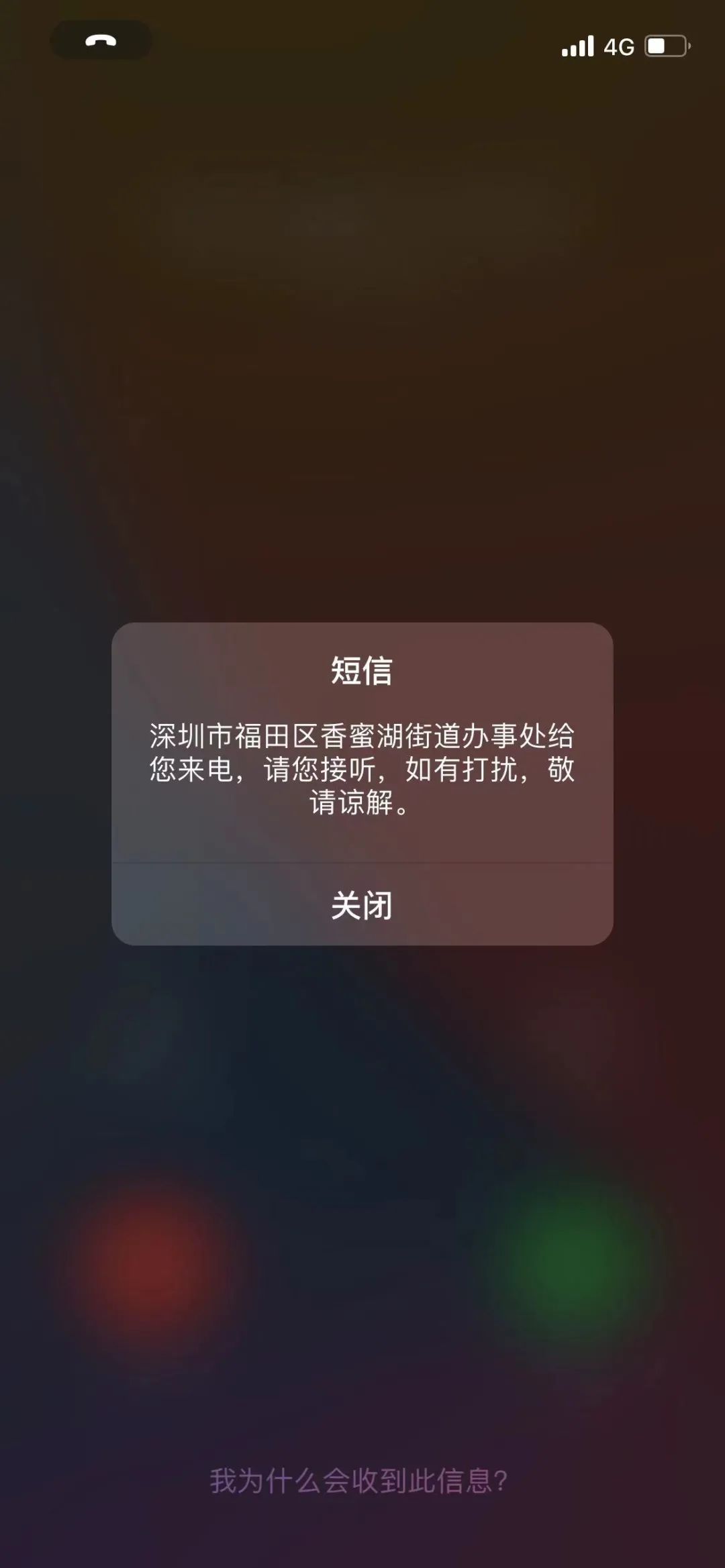Epidemiological investigation or phone fraud? Here are some tips
Writer: Lin Lin, Yu Yuanfan | Editor: Liu Minxia | From: Shenzhen Daily | Updated: 2022-07-18
A+ A- Print
Due to the recent COVID-19 flare-ups across China, some residents in the city may have received phone calls from subdistrict or community offices, asking about their travel histories, addresses or other personal information.
But how can we make sure that they’re not phone frauds? After talking to a few subdistrict and community staffers, calling the government hotline 12345, and doing some research, we have compiled the following information for your reference.

Epidemiological investigators at work. DT News
● Who may receive an epidemiological investigation call?
Currently, there is no official document concerning who will receive an epidemiological investigation call, as we were told by a staffer from the government hotline 12345 and a staffer from the city’s health commission.
According to a staffer of Xiang’an Community of Xiangmihu Subdistrict in Futian, people who fail to take nucleic acid tests on time or people who had left Shenzhen may receive an epidemiological investigation call.
According to a report published by Shenzhen Special Zone Daily on its official WeChat account Jan. 11, individuals identified as confirmed, asymptomatic or suspected COVID-19 patients, and people who are their close contacts or who have been exposed to an environment that may cause infections, will also receive epidemiological investigation calls.
● How to make sure that the call you receive is an epidemiological investigation rather than fraudulent call?
1. Epidemiological investigation calls are made by epidemiological investigators using both fixed-line phones and mobile phones. While it is hard to tell from the caller’s phone number if he/she is an epidemiological investigator or a fraud, when a subdistrict or community staffer calls, a reminder will usually pop up on the screen, showing where the call is from.
For example, if the Shenzhen Center for Disease Control and Prevention (SZCDC) calls, a reminder showing “深圳疾控给您来电” will pop up when your phone rings. If a community office staffer from Xiangmihu Subdistrict calls, a reminder showing “深圳市福田区香蜜湖街道办事处给您来电” will pop up.

A reminder showing “深圳市福田区香蜜湖街道办事处给您来电” pops up on the screen when a subdistrict office staffer calls a resident.
However, depending on the mobile phone brand of the callee, this window does not 100% show up.
2. Usually, epidemiological investigation calls are made by subdistrict or community staffers. The person who calls will tell you which subdistrict or community office he or she is from before asking questions. If they don’t provide this information, ask them.
If the information the caller provides can’t convince you, you can call 12345 or the subdistrict or community office, or drop by your local community office to verify the information.
● What questions will an epidemiological investigator ask?
Generally, an epidemiological investigator will ask you questions or verify information concerning your travel history, home address, recent nucleic acid test record, close contacts (if you’re identified as a confirmed case) and other information helpful to contain the spread of the virus.
● Things that an epidemiological investigator will never do
The key to identifying a phone fraud is to remember that an epidemiological investigator will not ask you questions unrelated to COVID prevention and control, especially questions such as any regarding your personal assets. They will also not ask for any verification code, or ask you to scan a QR code, click a link, or join a QQ or WeChat group to fill out your information, let alone attempt to sell you anything or ask you to transfer money to any account. If anyone asks you to do so, just hang up the phone.
● What if I don't speak Chinese?
Situations vary in different subdistrict and community offices as to whether there are any English-speaking staffers, so the ways they communicate with expat residents for epidemiological investgation also vary.
For example, one of the community office staffers we talked to told us that the community she works in has several English-speaking staffers, and these staffers are responsible for making epidemiological investigation calls to expat residents.
Another community office staffer told us that the community he works in currently has not designated any English-speaking staffers to make such calls. When they notice a callee is an expat, they will first try to communicate in simple English to see if he/she speaks Chinese. If not, they will send a text message containing information they need to collect (in Chinese), with a few sentences in English explaining what is going on and asking the callee to find a Chinese friend to help him/her to reply the message.
Other subdistrict and community offices may have different ways to get in touch with expat residents for such information.